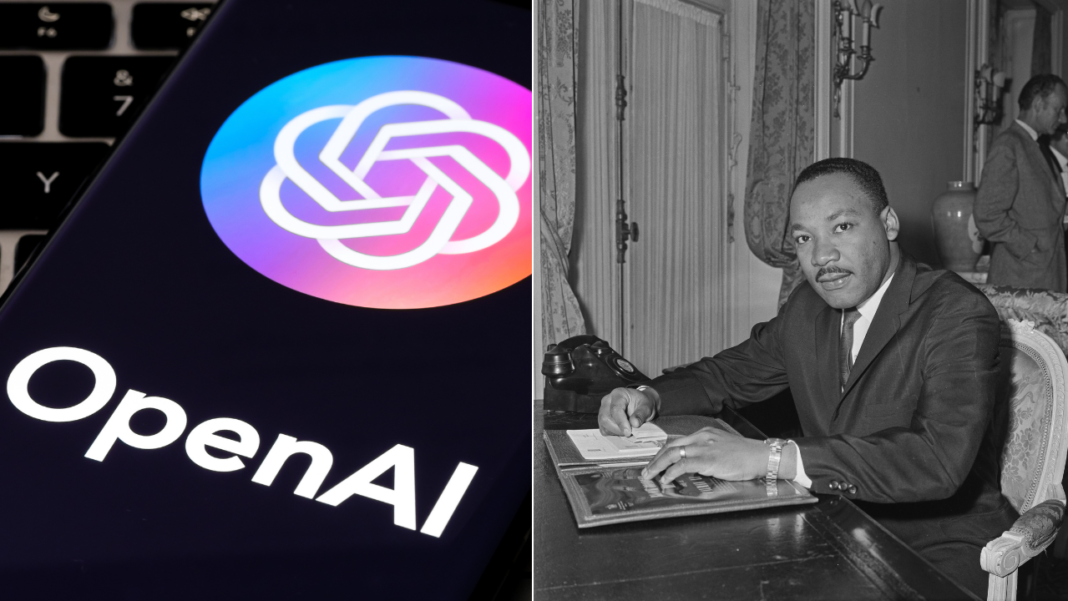In the rapidly evolving landscape of artificial intelligence, the recent developments surrounding OpenAI’s video generation tool, “Sora,” have sparked significant conversation. Particularly striking is the company’s decision to halt the creation of AI-generated videos depicting the iconic civil rights leader, Dr. Martin Luther King Jr. This action was prompted, in large part, by the vocal objections of Dr. King’s daughter, Bernice King, who condemned the manipulation of her father’s likeness through AI technology.
OpenAI made the announcement via a post on X, detailing that they collaborated with the King estate to address concerns surrounding the portrayal of Dr. King in Sora’s video generations. The statement clarified that some generated portrayals were deemed disrespectful, and, at the request of King, Inc., a pause on such generations was instituted while the company works on improving guidelines around the representation of historical figures.
The decision to pause the generation of Dr. King’s likeness comes shortly after the launch of “Sora 2,” a platform designed to create hyper-realistic AI videos that can feature both contemporary and historical figures. Since its unveiling, numerous users have leveraged this technology for entertainment, generating deepfakes of well-known public figures such as Dr. King and the late Robin Williams. While some applaud the creativity imbued in these videos, others, including Bernice King, have branded it as “dishonoring, deplorable, and disrespectful” to exploit the images of those who have made significant contributions to society.
This controversy surrounding AI and celebrity likenesses isn’t isolated to Dr. King. Several other prominent artists and public figures, such as SZA, Drake, Kendrick Lamar, and Rihanna, have also expressed concerns about the unauthorized use of their voices, images, and personas in AI-generated content. This trend has raised important questions surrounding ownership, consent, and the ethical implications of using AI to recreate the likenesses of individuals who cannot voice their objections or consent themselves.
Reflecting on the balance between creative expression and ethical responsibility, OpenAI’s position illustrates a growing awareness of the need for sensitivity when dealing with historical figures. Their statement emphasized that while there are compelling arguments for free speech in depicting such individuals, it is ultimately crucial that families and estate holders have control over how their loved ones’ images and legacies are portrayed. This collaborative effort with the King estate may well set a standard for future interactions between AI companies and the estates of public figures.
As the conversation surrounding AI continues to evolve, the implications of this precedent loom large. Will other public figures and their estates follow Bernice King’s lead in condemning similar expressions? Moreover, how will rival AI companies approach the issue of using likenesses in their own platforms? These questions remain unanswered, but the importance of dialogue surrounding these issues is gaining traction. The intersection of technology, ethics, and legacy continues to fuel debates among creators, consumers, and stakeholders alike.



